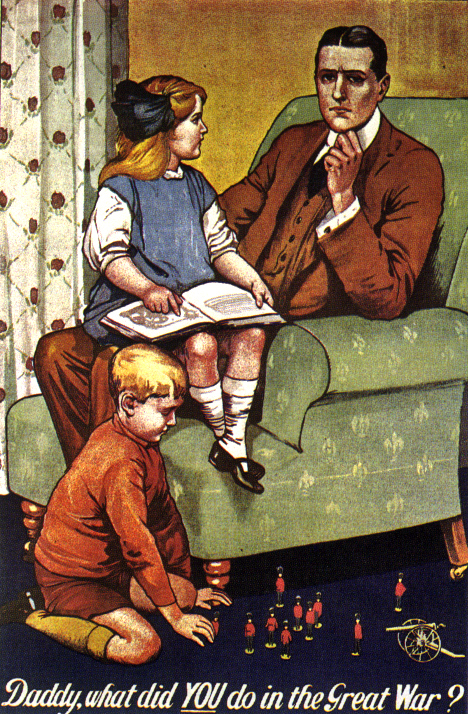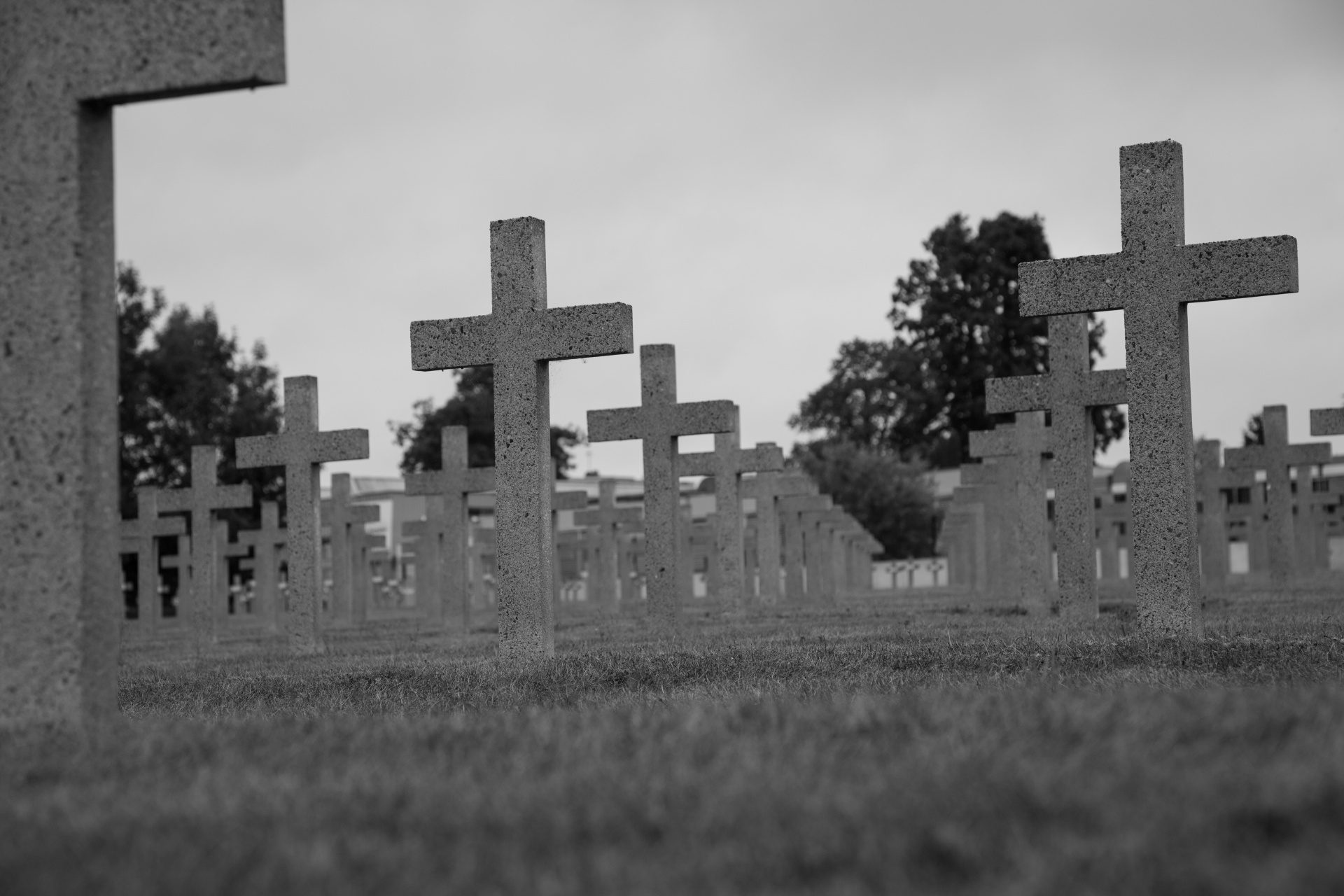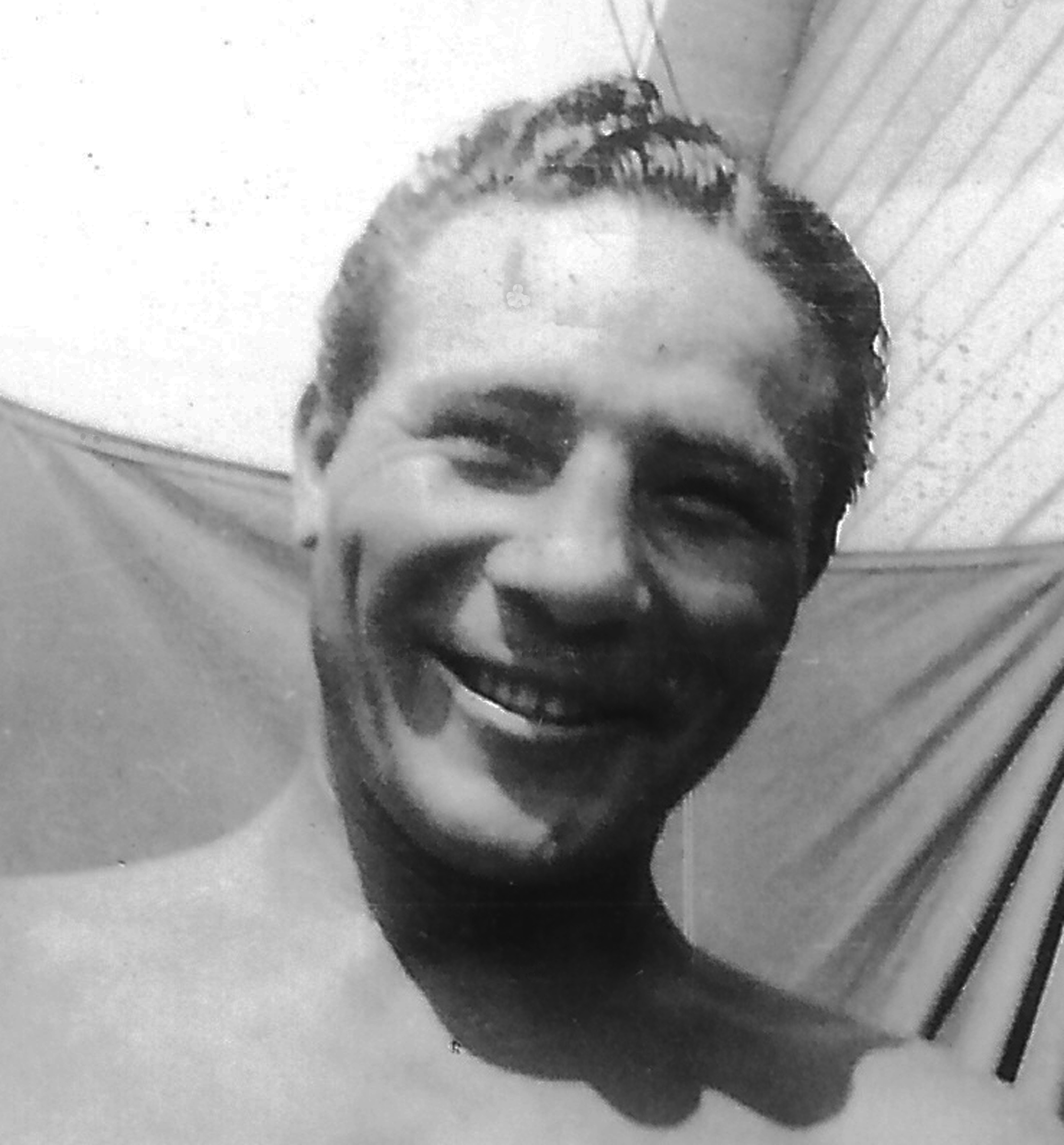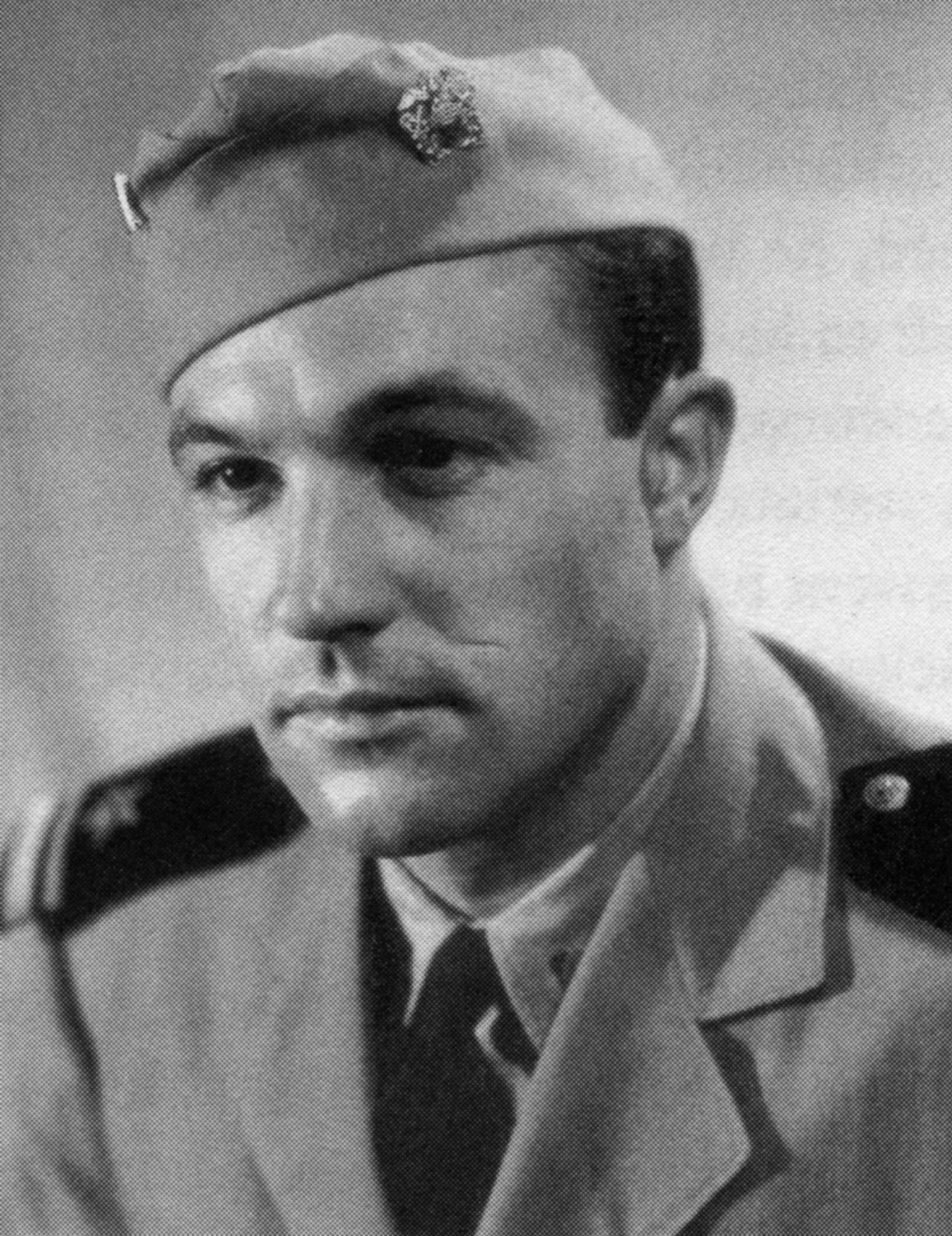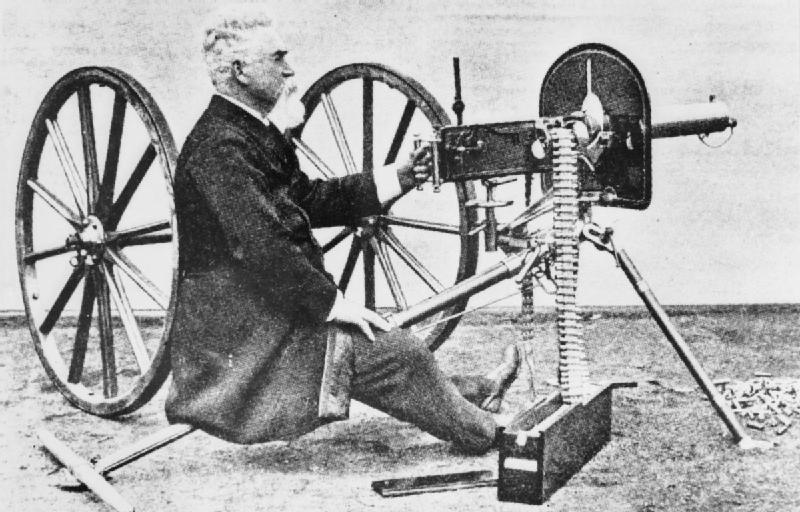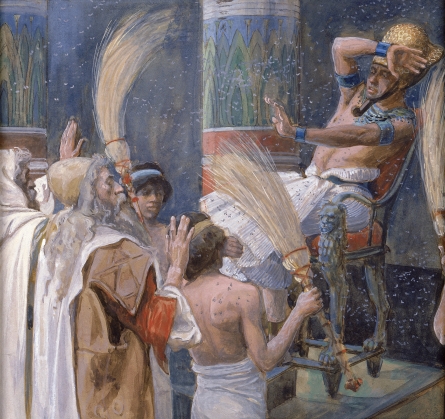
(Written by Sheila Gail Landgraf)
It seems that we all have our own Egypt; places in our souls that must be set free of the idols that we have set up for ourselves. Leaving Egypt is always a long hard process full of hazards and plagues, and it is not possible for anyone to escape without God's help. It is very hard to let go of our false illusions and man-made ways. For some weird psychological reason we cling to the very bondage that holds us back from total freedom. Such was the case with Pharaoh.
Seven days had passed by since the LORD turned the Nile to blood. Seven days would have been plenty of time for Pharaoh to repent, after all - God created the whole world in just seven days; but not a word of regret was heard from Pharaoh. Ah well; mankind seems to have taken seven thousand years to even begin to repent, perhaps Pharaoh isn't so unusual in this matter.
Many think that God allowed Pharaoh mercy by giving him time from one Sabbath until the next Sabbath to acknowledge that He was God; but Pharaoh kept up his worship of the Nile and all the many false gods that went with it; in spite of the fact that what he considered to be a river of life had been turned into a river of death. He still could not see that he was not god himself and that there was a TRUE God to be reckoned with in the end.
God told Moses once again to go to Pharaoh and tell him to let the people go to worship Him, and if this did not happen God promised to send a plague of frogs to Egypt. He promised they would come up into the palace and the bedrooms and the beds of Pharaoh, and He promised they would invade the places of Pharaoh’s officials. They would be everywhere, even in the kneading bowls and the ovens. God promised the frogs would even come up all over the people themselves as well as all over Pharaoh.
Why frogs? Well it isn't so strange considering that frogs were associated with the Egyptian fertility goddess Heqt (or Heket) who had the body of a woman and the head of a frog. She was part of the worship that stemmed from the River Nile, and the frogs that lived in the river were considered to be her sacred symbols. Since the people of Egypt had basically been worshiping frogs for a long time now, perhaps God just decided to let them get real up-close and personal with their sacred frogs. He was about to let them see what it felt like to have the dumb cold reptiles they worshiped in their homes, inside their beds, and crawling all over their dishes! I wonder how they could possibly think of them as deity now?
Seven days had passed by since the LORD turned the Nile to blood. Seven days would have been plenty of time for Pharaoh to repent, after all - God created the whole world in just seven days; but not a word of regret was heard from Pharaoh. Ah well; mankind seems to have taken seven thousand years to even begin to repent, perhaps Pharaoh isn't so unusual in this matter.
Many think that God allowed Pharaoh mercy by giving him time from one Sabbath until the next Sabbath to acknowledge that He was God; but Pharaoh kept up his worship of the Nile and all the many false gods that went with it; in spite of the fact that what he considered to be a river of life had been turned into a river of death. He still could not see that he was not god himself and that there was a TRUE God to be reckoned with in the end.
God told Moses once again to go to Pharaoh and tell him to let the people go to worship Him, and if this did not happen God promised to send a plague of frogs to Egypt. He promised they would come up into the palace and the bedrooms and the beds of Pharaoh, and He promised they would invade the places of Pharaoh’s officials. They would be everywhere, even in the kneading bowls and the ovens. God promised the frogs would even come up all over the people themselves as well as all over Pharaoh.
Why frogs? Well it isn't so strange considering that frogs were associated with the Egyptian fertility goddess Heqt (or Heket) who had the body of a woman and the head of a frog. She was part of the worship that stemmed from the River Nile, and the frogs that lived in the river were considered to be her sacred symbols. Since the people of Egypt had basically been worshiping frogs for a long time now, perhaps God just decided to let them get real up-close and personal with their sacred frogs. He was about to let them see what it felt like to have the dumb cold reptiles they worshiped in their homes, inside their beds, and crawling all over their dishes! I wonder how they could possibly think of them as deity now?
So Moses told Pharaoh about all of this and as usual; nothing was
done to let God's people go.
Then God told Moses to tell Aaron to stretch out his hand with the staff held over the streams and canals and ponds to make the frogs come up on the land of Egypt. So Aaron did this and the frogs came up and covered all the land.
Then God told Moses to tell Aaron to stretch out his hand with the staff held over the streams and canals and ponds to make the frogs come up on the land of Egypt. So Aaron did this and the frogs came up and covered all the land.
And wouldn’t you know; Pharaoh’s magicians were standing by watching. They turned
around and mimicked the miracle again!
They used their secret arts to command the frogs to come forth. How brilliant! That little trick simply added to all of the frogs that were
already there! The magic was suddenly NOT very helpful! These magicians were not quite as smart as they thought they were. They didn't seem to be solving any problems with their dark magic; they were only multiplying them! The frogs hopped into all of their houses and because of their religious belief that the frogs were sacred the Egyptians were powerless to stop them. They still associated the frogs with their fertility goddess and the process of birth. So Egypt became a real hopping place, literally.
Finally from his palace full of croaking frogs, Pharaoh called to Moses and asked him to pray
for God to take the frogs away. He promised if this happened that he would let the people go and offer
sacrifices to God in the wilderness.
So Moses told Pharaoh to set the official time for him
to pray for release of the curse, and Pharaoh said “tomorrow.” Isn’t
that a bit odd to you? Why didn’t he ask
Moses to begin to pray immediately? But
isn’t that so much like all of us other humans too? We know
we need to be praying without ceasing, asking God’s will for our life as we
constantly go along, but we keep putting off our prayer times, living in our messy lives, waiting for
tomorrow. Sometimes we seem as bad as
Pharaoh. Who knows what Pharaoh was thinking in putting off the time to end the curse. Was he afraid of letting go of the hope of the power of his false gods? Was he afraid of the people finding out that God was God and he was only Pharaoh? Do you think in back of his mind that he realized this all along, but just did not want to admit it? Was he holding on to the illusion of power and refusing the reality of true power? I doubt we will ever have the chance to ask him.
Moses agreed to pray for the frogs to leave on the
next day. He promised Pharaoh ahead of time that God would remove all of the frogs except for those that lived in the
Nile.
So Moses and Aaron left Pharaoh and Moses cried out to the LORD about the frogs and the LORD did what Moses asked on the next morning; exactly as had been scheduled by Moses and Pharaoh. All of the frogs in the houses, the courtyards and the fields died. They were piled up in heaps and the land smelled really bad because of them. This was sort of an ironic twist; to see the symbols of fertility laying dead all over the land, just the opposite of what the people had been taught about their false gods. Perhaps their fertility goddess wasn't so powerful after all. Oh well, at least they were rid of the frogs; but please continue to hold your breath, those dead frogs really stink!
Isn't that the way it goes? You finally get rid of your BIG troubles, but you still have the SMELL of them. That horrible smell created by your own sins just seems to linger on, even after all the problems are over. Whenever you decide to mess around with false gods it usually takes awhile for things to get back to normal. So it was with Egypt. So it is with us.
So Moses and Aaron left Pharaoh and Moses cried out to the LORD about the frogs and the LORD did what Moses asked on the next morning; exactly as had been scheduled by Moses and Pharaoh. All of the frogs in the houses, the courtyards and the fields died. They were piled up in heaps and the land smelled really bad because of them. This was sort of an ironic twist; to see the symbols of fertility laying dead all over the land, just the opposite of what the people had been taught about their false gods. Perhaps their fertility goddess wasn't so powerful after all. Oh well, at least they were rid of the frogs; but please continue to hold your breath, those dead frogs really stink!
Isn't that the way it goes? You finally get rid of your BIG troubles, but you still have the SMELL of them. That horrible smell created by your own sins just seems to linger on, even after all the problems are over. Whenever you decide to mess around with false gods it usually takes awhile for things to get back to normal. So it was with Egypt. So it is with us.
When Pharaoh saw that all the frogs were dead, he
hardened his heart once again and did not keep his promise to let the people
go.
.jpg)
Pharaoh still chose to call himself a god, and to continue to worship the false gods of Egypt instead of acknowledging the One True God of Israel.
So the LORD told Moses to tell Aaron to take his staff and stretch it out, then strike the dust of the ground. All throughout Egypt the dust of the ground became full of ugly little gnats or some type of insects that were like lice. Suddenly these horrible little bugs were everywhere. They were all over the people and all over the animals. If you have ever encountered lice; you can't get rid of it easily. The land was totally infested. The people were miserable. The little insects clung to their skin and their hair and made them itch all over. The more they scratched, the worse they itched! Can you imagine a whole country of people scratching and clawing themselves at once? It would be impossible to carry on with any type of normal life. The labor force and all the official people who drove them on would have been helpless and totally unproductive.
All of these gods were supposedly running around Egypt and all the people could do was scratch and itch! How pitiful! Could their gods do nothing?
Another of the false Egyptian gods was named Geb. It seemed that he was supposed to be the god of the earth. Offerings were given to Geb to insure the bounty of the soil. That was probably why God told Aaron to strike the ground with the staff and produce the lice from the dust. The soil of this false God only yielded lice! Do you think God was smiling to himself and remembering how HE, the One True God of the whole universe had made mankind from the dust of the earth? Who was this false god, to claim to have power over the soil? Yet, the Egyptians thought Geb was a great god! You would think that a great god like Geb would have been able to defend his domain, and protect the soil that brought the food supply to Egypt; but once again the false Egyptian god was powerless in the face of the REAL God. With the lice clinging to their bodies the Egyptian priests who prided themselves on their total cleanliness at all times, would no longer be able to serve in the pagan temples of Geb because they would have been considered to be unclean. Actually NO one could enter the temple now; all the people were unclean.
When the magicians of Pharaoh saw this plague they tried to mimick it too, once again relying on their secret arts, but this time they could not even come close. Even these over-confident, self-reliant magicians became frightened. It seemed that the demons and evil spirits could only do as much as a True God allowed them to do, and they were not helping the magicians any more. This seemed to be above their pay grade! The magicians and sorcerers went to Pharaoh and admitted the truth saying: “This is the finger of God!” Surely hearing those words from these men would change Pharaoh's mind; but Pharaoh’s heart was still hard and he would not listen to anyone.
So the LORD told Moses to tell Aaron to take his staff and stretch it out, then strike the dust of the ground. All throughout Egypt the dust of the ground became full of ugly little gnats or some type of insects that were like lice. Suddenly these horrible little bugs were everywhere. They were all over the people and all over the animals. If you have ever encountered lice; you can't get rid of it easily. The land was totally infested. The people were miserable. The little insects clung to their skin and their hair and made them itch all over. The more they scratched, the worse they itched! Can you imagine a whole country of people scratching and clawing themselves at once? It would be impossible to carry on with any type of normal life. The labor force and all the official people who drove them on would have been helpless and totally unproductive.
All of these gods were supposedly running around Egypt and all the people could do was scratch and itch! How pitiful! Could their gods do nothing?
Another of the false Egyptian gods was named Geb. It seemed that he was supposed to be the god of the earth. Offerings were given to Geb to insure the bounty of the soil. That was probably why God told Aaron to strike the ground with the staff and produce the lice from the dust. The soil of this false God only yielded lice! Do you think God was smiling to himself and remembering how HE, the One True God of the whole universe had made mankind from the dust of the earth? Who was this false god, to claim to have power over the soil? Yet, the Egyptians thought Geb was a great god! You would think that a great god like Geb would have been able to defend his domain, and protect the soil that brought the food supply to Egypt; but once again the false Egyptian god was powerless in the face of the REAL God. With the lice clinging to their bodies the Egyptian priests who prided themselves on their total cleanliness at all times, would no longer be able to serve in the pagan temples of Geb because they would have been considered to be unclean. Actually NO one could enter the temple now; all the people were unclean.
When the magicians of Pharaoh saw this plague they tried to mimick it too, once again relying on their secret arts, but this time they could not even come close. Even these over-confident, self-reliant magicians became frightened. It seemed that the demons and evil spirits could only do as much as a True God allowed them to do, and they were not helping the magicians any more. This seemed to be above their pay grade! The magicians and sorcerers went to Pharaoh and admitted the truth saying: “This is the finger of God!” Surely hearing those words from these men would change Pharaoh's mind; but Pharaoh’s heart was still hard and he would not listen to anyone.
So the LORD told Moses to go meet Pharaoh early in the
morning as he went to the river and tell him:
“This is what the LORD says, let my people go, so that they may worship
me. If you do not let my people go, I
will send swarms of flies on you and your officials, on your people and into
their houses. The houses of the
Egyptians will be full of flies. Even the ground will be covered with them. But on that day I will deal differently with
the land of Goshen where my people live. No swarms of flies will be there, so
that you will know that I the LORD, am in this land. I will make a distinction between my people
and your people. This sign will occur
tomorrow.”
So the very next day all that the LORD had told Moses
to say came to pass. Swarms of flies
poured into Pharaoh’s palace and in the houses of his officials. All of the land of Egypt was ruined by the
flies. The people of Israel living in the land of Goshen, however, were not involved. They went about their daily business without one fly in their midst.
Most scholars think the word that our bibles translates as "flies" actually refers to all kinds of different biting and stinging insects. You might have already guessed this; but insects were worshiped as gods in Egypt too. Utachit was known as the god of the flies, and the false fly god Khepra was often shown as a scarab beetle. The Egyptians thought that worshiping the gods who controlled these insects would keep the insects from attacking them. The only one who could actually do this was the God who was telling Pharaoh to let His people go.
Perhaps Pharaoh looked around and saw that only the Egyptians were being swarmed by the insects. This time God had set his people apart and they were not in any danger. The insects were leaving them alone.
Most scholars think the word that our bibles translates as "flies" actually refers to all kinds of different biting and stinging insects. You might have already guessed this; but insects were worshiped as gods in Egypt too. Utachit was known as the god of the flies, and the false fly god Khepra was often shown as a scarab beetle. The Egyptians thought that worshiping the gods who controlled these insects would keep the insects from attacking them. The only one who could actually do this was the God who was telling Pharaoh to let His people go.
Perhaps Pharaoh looked around and saw that only the Egyptians were being swarmed by the insects. This time God had set his people apart and they were not in any danger. The insects were leaving them alone.
Pharaoh finally summoned Moses and Aaron and
said, “Go, sacrifice to your God here in the land. But Moses said that would not be right. The Egyptians detested when they sacrificed
to their God, and they would stone the Israelites for doing this in Egypt. Moses declared that they MUST take a three
day journey into the wilderness to offer their sacrifices to the LORD, just as
He had commanded them to do.
So Pharaoh finally finally agreed to this, only he demanded that they not go
any further than a three days journey, and he asked Moses to pray for him before they left. Moses said that he would pray as soon as he
left Pharaoh, and tomorrow the flies would be gone; but he warned Pharaoh that
he must not act deceitfully again, and that he must keep his promise to let the
people go.
So Moses went off to pray and the next day all of the
flies were completely gone.
Of course, as soon as things went back to normal again, Pharaoh did not keep his word!
Of course, as soon as things went back to normal again, Pharaoh did not keep his word!
You would think at this point that Pharaoh would have seen that God was the ONLY REAL GOD of heaven and earth and that he would fall on his face, repent and relent. Some men can be very stubborn though. Moses and Aaron were caught right in the middle of God making it very clear to Egypt that pagan gods had no power and that He was the only true God of the universe.
How many plagues would it take for Egypt to believe and put away their false gods?
How many plagues do you think it would take for all of mankind today to do the same thing?
Do we not on this very day have leaders that are telling us that bad is good and good is evil?
Isaiah 5:20 comes to mind both for Egypt and those who live in the world today:
"Woe to those who call evil good and good evil, who put darkness for light and light for darkness, who put bitter for sweet and sweet for bitter. Woe to those who are wise in their own eyes and clever in their own sight."








